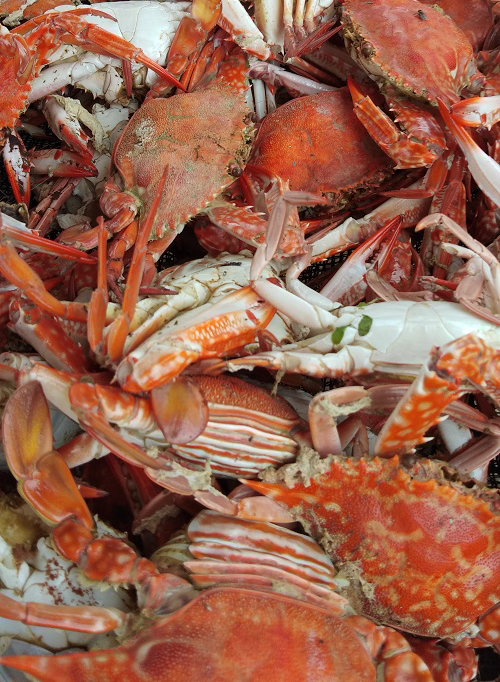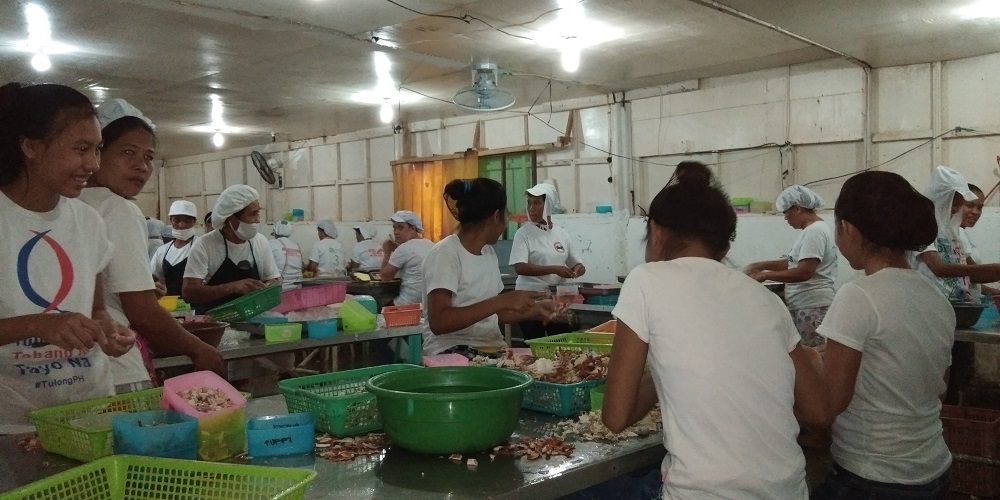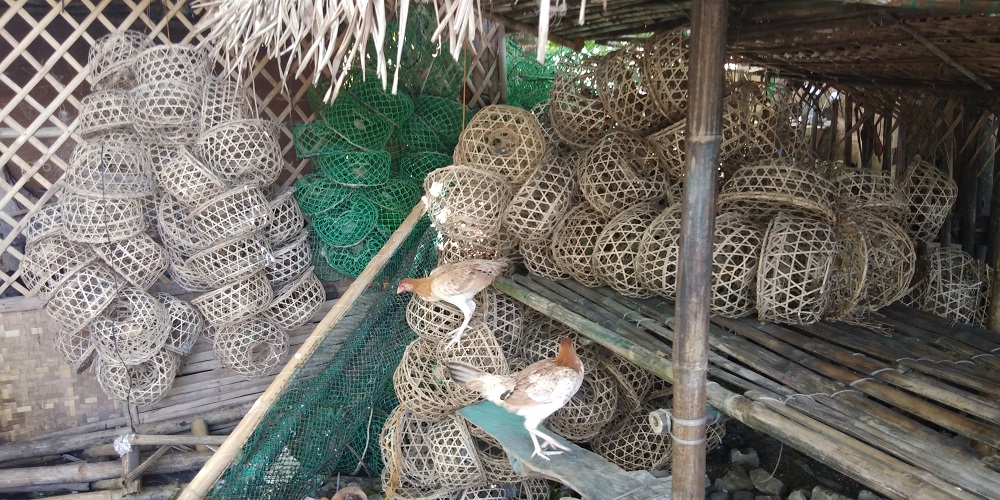Fishery Improvement Program Conducts Workshop on the Sustainability of Blue Crab Fishing in Negros
June 2018
Using a multi-stakeholder management approach, WWF-Philippines’ Fishery Improvement Program (FIP) recently trained more than 140 stakeholders of the blue crab fishing industry in Negros.
The World Wide Fund for Nature (WWF) Philippines and the Philippine Association of Crab Processors, Inc. (PACPI), together with the Provincial Government of Negros Occidental through its Office of the Provincial Agriculture, conducted a workshop on the sustainability of blue crab fishing in Northern Negros as part of their partnership on the Fishery Improvement Program (FIP) on June 20, 2018.
Said workshop, which was held in Bacolod City and was attended by more than 140 fisherfolk and other stakeholders, introduced the FIP to the local fishing industry and the local government units (LGUs), and discussed how they could work more efficiently in blue crab fishing through policy. Out of the 20 fishing commodities exported by the Philippines, the crab ranks sixth in value, with 43% of the country’s produce coming from Western Visayas and 16% of that coming from Negros Occidental.
“There’s a need to educate the grassroots level, the fisherfolk,” stressed Jovanie Armenteros, the Site Coordinator for the project. He also reiterated the importance of including LGUs in capacity-building initiatives as most don’t enough people to really focus on blue swimming crab management. “To ensure sustainability, we should also make sure to involve the picking stations, buyers, and consolidators, through education. We have to consider this as urgent since the Provincial Governor of Negros Occidental, Governor Alfredo Marañon, is very supportive and passionate to have the management of blue swimming crabs in place in the Province of Negros Occidental,” he added.

After the workshop, a draft for a five-year action plan that identifies what else needs to be done in the project was written. “Our next focus is task strengthening of stakeholders and organizing the trainings we need, as well as the development of an education-information campaign,” Armenteros shared.
The current FIP covers the north of Negros Occidental—Talisay, Silay, EB Magalona, Victorias, Manapla, Cadiz, and Sagay—for the first 18 months, and the plan is to expand eventually to cover the entire Visayan Sea.


